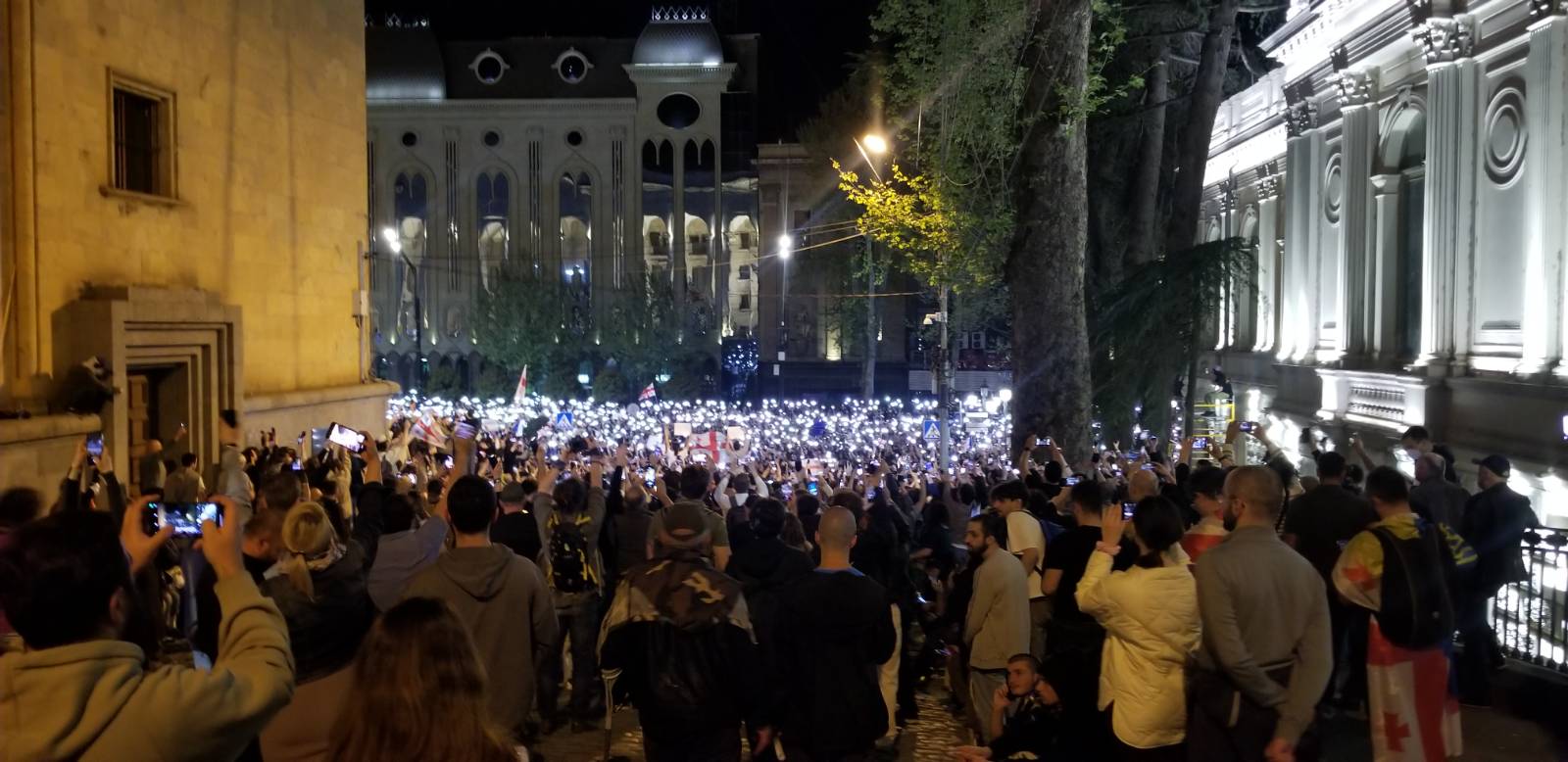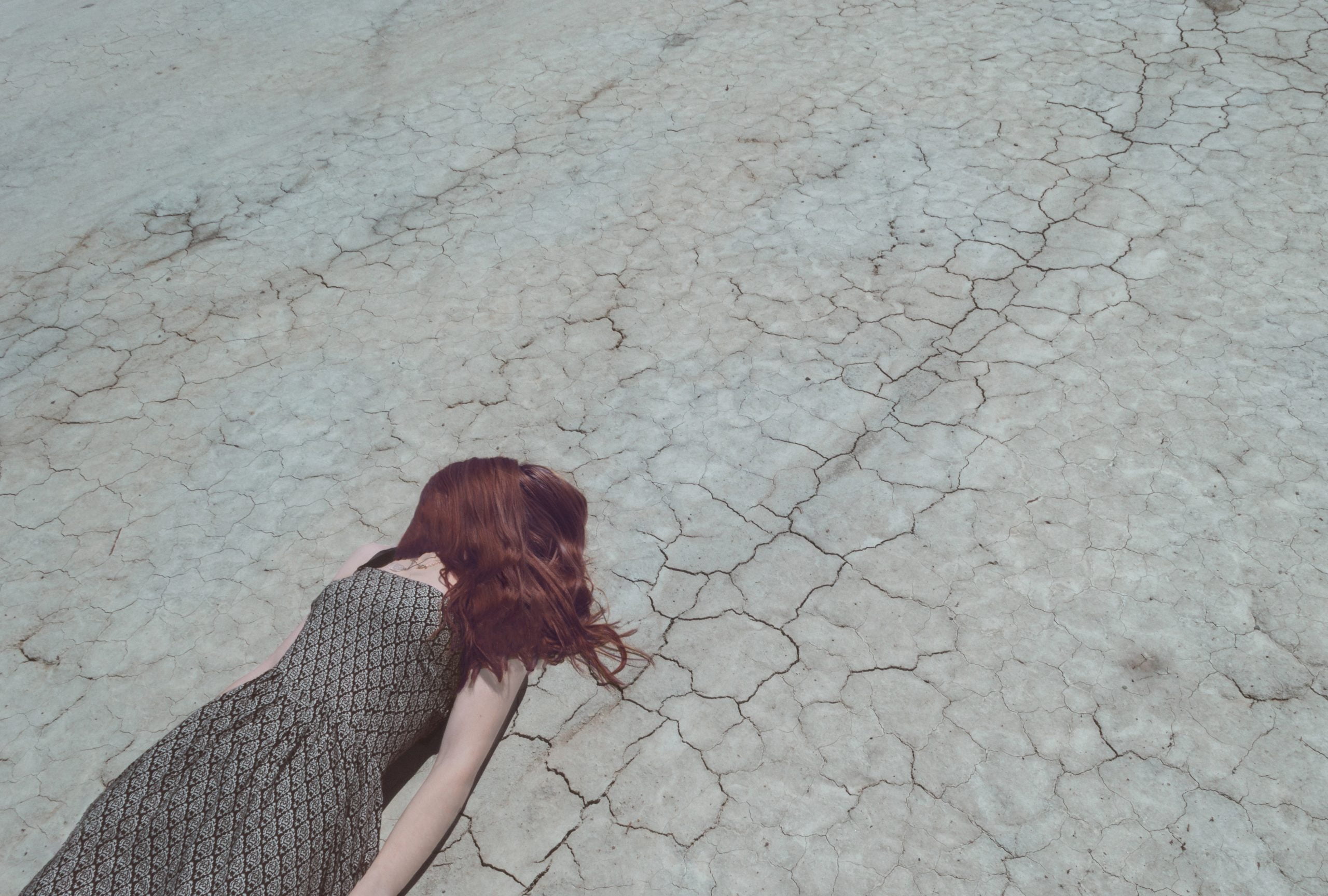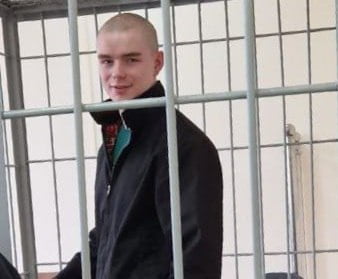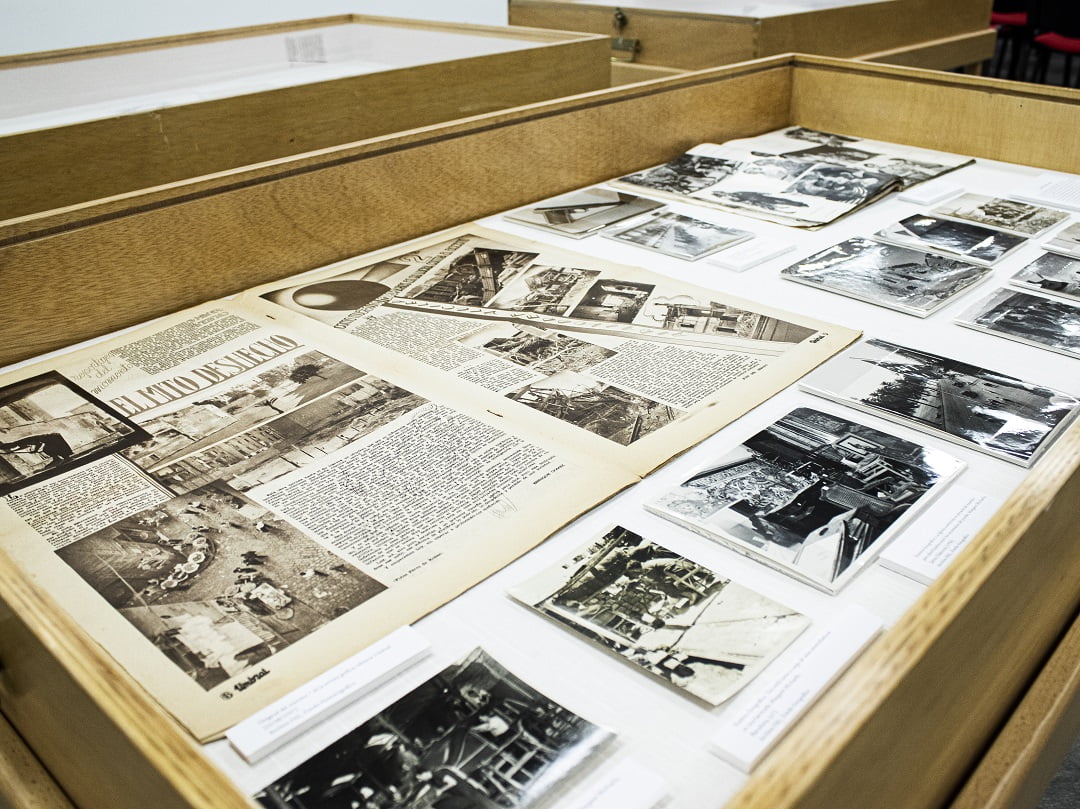One of the most useful aspects of sometimes dry reports from gatherings is the snapshot of otherwise amorphous movements — in this case, the French syndicalists and anarchists of 1913.
Radicalism remained healthy in France right up to the start of war the following year, but fractiousness amid the pressure of State repression was ever-present as the anarchists opened a vital national conference in September of that year.
Coming in the wake of the December 1912 general strike, which had been a partial success but limited outside the circles of the anarchists themselves, the conference was notable for a number of reasons, including the founding of The Fédération Communiste Révolutionnaire Anarchiste, third in a series of attempts to form a coherent national anarcho-communist federation, which explicitly rejected both the individualist and illegalist strains of anarchism in France at the time. The latter had, in the view of some comrades, enflamed the youth in less than constructive ways, particularly through the exploits of the 1911-12 Bonnot Gang.
The meeting of 130 delegates didn’t just showcase the concerns and priorities of the movement at this moment in history, however, it also highlights a regular feature of anarchist organising – the ability of relatively small numbers to punch far above their weight. Many of the figures at this gathering, remembered by historians today, had enormous reach – their deliberations in radical papers and at gatherings like these were directly linked to the militancy of the CGT union, then a radical syndicalist organisation able to mobilise hundreds of thousands for expressly political campaigns.
~Rob Ray
The French Anarchist Conference
The reaction, which during the past year has been sweeping over France, making every progressive movement difficult, has, of course, not left Anarchist propaganda unnoticed. When teachers and professors are dismissed for having dared to criticise unfavourably the Government’s three years service Bill — now voted by Parliament and Senate — little mercy can be expected by Syndicalists, Antimilitarists and Anarchists. Arrests and searches have become so frequent that they are hardly commented on; the police have prohibited several Anarchist papers from being sold at railway stalls and shops. Though the Temps Nouveaux has not yet been barred officially, many booksellers are intimidated by the visit of a secret police agent, who drops a hint as to the undesirability of offending the authorities, and the owner, for the sake of peace, refuses to sell the paper.

On the other hand, during the past few years, a number of Individualists, in the name of “the right to live their lives”, have committed a series of attacks on property, accompanied by shooting and killing, which have aroused widespread indignation among the people. The perpetrators claimed their acts were the logical outcome of their Anarchist ideas. The Communist Anarchists considered, however, that these “comrades” had as little right to their plunder as a capitalist to the produce of the workers. But the harm was done. Simple-minded young comrades were often led away by the “illegalists’” apparent Anarchist logic; outsiders simply felt disgusted with Anarchist ideas and definitely stopped their ears to any propaganda. A clear and decided re-statement of Anarchism seemed highly needed.
In view of all these circumstances, our French comrades decided to hold a national Congress to discuss our principles and ideas, the means and ways to meet the present reaction, etc., and last but not least, to meet old and new friends.
Over 130 delegates assembled on August 15th, 16th, and 17th in the Maison des Syndiques in Paris. Though it had been made abundantly clear that the Congress was meant as a meeting of Communist Anarchists among themselves, a number of Individualists succeeded/in obtaining tickets and making all work impossible for the first day. Only when all the other delegates threatened to leave, the intruders, seeing that the game was up, retired. The Congress then set to work and, soon, was deep in interesting discussions. The points of the programme were:—
- Organisation of Anarchists; means of action and propaganda,
- Anti-militarism.
- Syndicalism and the Anarchists: the General Strike
- Anti-parliamentarian action.
- Deviations from Anarchist principles, individual revenge, the scientific mania.
- Various questions: — Mutual aid, the problem of education, the coming International Anarchist Congress.
Organisation of Anarchists
As to the first point, it was decided to form a Communist Anarchist Federation of autonomous groups, directly federated among themselves or by district, according to the wants of propaganda.
As could be foreseen, this decision had to be discussed by all sides before it was adopted. As is only natural among Anarchists, a good deal of hesitation was felt, as organisation might mean the imposing of authority. But on the one hand, the necessity of making the most of the existing Anarchist forces in order to combat the strongly organised forces of Capital and the State, and, on the other, the possibility of uniting obligatory contributions of groups with voluntary contributions of members (as practised by the Anarchist Federation of Northern France), led the comrades to the formation of the new Federation. The groups will methodically take up distribution and financial help to the Temps Nouveaux. Noel Demeure proposed that groups and individuals should give each other help in the choice of books in the way to obtain cheap editions and indicate amusing and suitable literature for the children, etc.
Anti-militarism
[Jean] Grave read his report on Anti-militarism. As to desertion, the Congress was of the opinion that each case has to be judged on its merits; to advise desertion as a rule is not good.
Syndicalism and the Anarchists
No. 3 on the agenda — Syndicalism and the Anarchists — had been awaited with great interest. During the past few weeks, a lot of recrimination had passed between Anarchists and the CGT [syndicalist union]. Some prophets had gone so far as to foretell that the Congress would bring a split between Syndicalists and Anarchists. Nothing of the sort happened. On the contrary, the Congress unanimously confirmed the need for a Labour movement, its revolutionary value to organise the working classes, the duty of all Anarchist workers to participate in it, and the necessity of respecting its tactics and organisation.
Criticism of the evils of officialdom in the Unions was heard from various sides, but other comrades rightly pointed out that the only remedy is to make it possible for militant Trade Unionists to become acquainted with the methods and organisation of the Union so that they can exercise a moral and intellectual influence on their fellow members, and, if the need arises, take the place of officials.
The recent Congress of the French Labour Exchanges, where it was decided to resume organising activity more energetically, had been made the subject of numerous attacks on the CGT by libertarian papers, which declared that this body had renounced revolutionary action. This question was also broached at the Anarchist Congress,
It was, however, soon understood by all that a Labour Confederation, in the first place, has to organise and work on an economic basis; if, from time to time, it succeeds in infusing its members with enthusiasm for revolutionary demonstrations, a period of purely economic activity naturally will follow. A general strike every six months, or whenever the Government undertakes some specially provoking measures, would end in general political fatigue and discouragement of the working classes.
[Journalist, economist and trade union activist] Francis Delaisi justly says in the Temps Nouveaux:— “If I have a wish, it is that all those polemics between Syndicalists and Anarchists will stop; that the two movements will go ahead side by side, each on its own ground, using its particular methods; and no longer to see honest militants on both sides spending their time in attacking each other, to the exclusive profit of politicians, who are dangerously penetrating everywhere more and more.”
Anti-parliamentarian Action
A report on Anti-parliamentarism by Delaisi was read, and a discussion started on anti-electoral agitation. Sebastian Faure remarked that in election times, people are far too excited to listen to reason, and our propaganda has more chance at other times. This idea was not shared by others, who found that by going to Socialist election meetings, the public, already touched by Socialism, could easily be made to listen to Anarchist propaganda.
Various other questions
Comrade [Marc] Pierrot dealt with point No. 5. He admitted all tendencies in the movement so long as the central ideal of human emancipation is preserved. If they aim at personal profit or are but means of adaptation to our present society, they are no longer Anarchist; Individualism has nothing to do with Anarchism. Pierre Martin, [Rene] Brochon, and [Benoit] Broutchoux took part in the discussion. An Individualist present by chance said that as Individualists were being attacked, they ought to be there. As the police and Government were also attacked, presumably, they must be there to defend themselves!
Leon Clement presented a report on education. The means of helping comrades and their families when persecuted were dealt with. Various other questions were discussed, and after two manifestos, one giving an account of the proceedings, the other a statement of principles, had been adopted for publication, the Congress closed.
From all sides, the greatest satisfaction has been manifested with the way in which the discussions took place and the results obtained.
This is part of our monthly series on the working class struggle in the early 1910s in the run-up to World War One through articles in the Freedom archive.
Main pic: The Workers’ House on 8-12 Mathurin-Moreau Avenue 1912.








